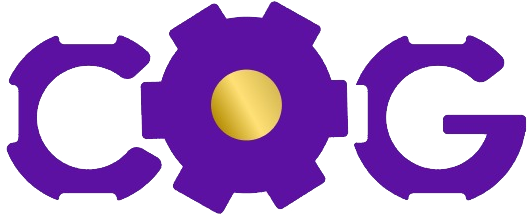In today’s competitive business landscape, the success of any organization greatly depends on its ability to effectively manage its employees throughout their lifecycle. Employee lifecycle management refers to the process of guiding employees from recruitment and onboarding to development and retention, ultimately maximizing their potential and contribution to the company.
To truly excel in this area, organizations must prioritize nurturing and developing talent. This involves implementing best practices that create a supportive and growth-oriented environment for employees. Here are some strategies to consider:
Comprehensive Onboarding
The onboarding process sets the stage for an employee’s tenure with the company. By providing a welcoming and informative experience, organizations can ensure that new hires feel valued and prepared to contribute from day one. This can include introducing them to the company culture, facilitating introductions to key team members, and providing clear expectations and goals.
Continuous Learning and Development
Employees crave opportunities to expand their knowledge and skills. By offering ongoing training and development programs, organizations can nurture talent and support career growth. This can include workshops, online courses, mentorship programs, and regular performance feedback. Investing in employees’ development not only enhances their skills but also boosts job satisfaction and loyalty.
Regular Performance Assessments
Conducting regular performance assessments allows managers to provide constructive feedback to employees. This feedback should be specific, actionable, and aligned with both individual and organizational goals. Performance assessments also provide an opportunity to recognize and reward exceptional performance, further motivating employees to excel.
Clear Career Pathing
Employees are more engaged and motivated when they have a clear understanding of their career paths within the organization. By mapping out potential advancement opportunities and providing guidance on the skills and experience needed to reach those positions, organizations can keep employees motivated and invested in their long-term growth.
Work-Life Balance Support
Recognizing the importance of work-life balance is crucial for employee engagement and satisfaction. Organizations should promote a healthy work-life balance by offering flexible work arrangements, promoting wellness initiatives, and encouraging employees to take time off when needed.
Recognition and Rewards
Employees who feel valued and appreciated are more likely to stay committed to the organization. Implementing a recognition and rewards program can go a long way in nurturing talent. This can include acknowledging achievements publicly, offering incentives for exceptional performance, and creating a culture of appreciation and gratitude.
By implementing these strategies, organizations can effectively manage the employee lifecycle and create an environment that fosters talent development and growth. Nurturing and developing talent not only benefits individual employees but also contributes to the overall success and sustainability of the organization.
Today, let’s get in touch to explore how Core OpsGenie can assist you in the implementation of Best Practices for Employee Lifecycle Management


